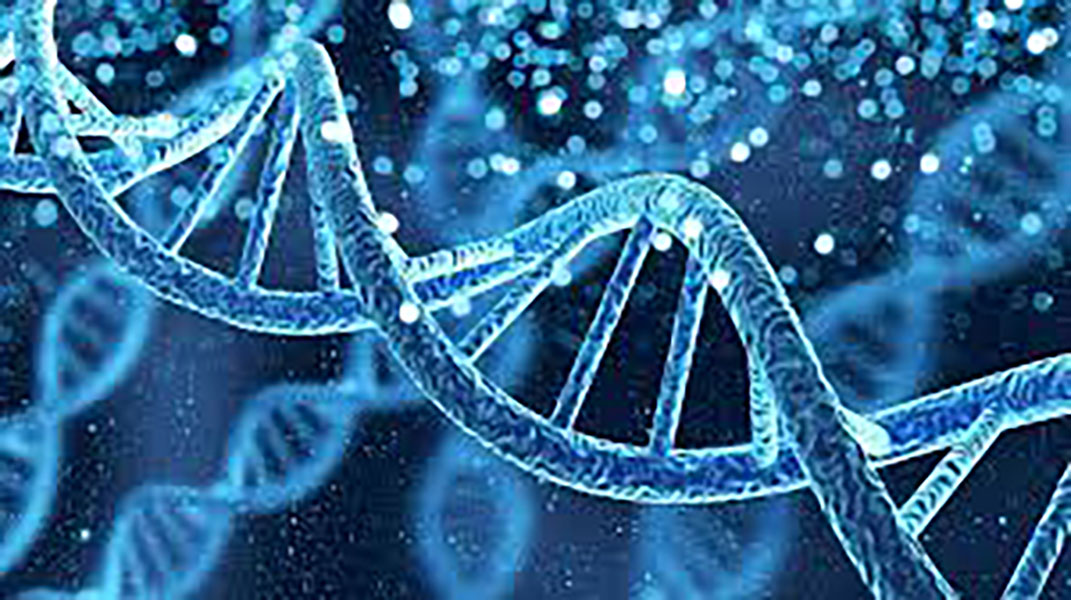
- Stage of development
-
Early validation with clinical samples
- Intellectual property
-
PCT application filed
- Intended collaboration
-
Licensing and/or co-development
- Contact
-
Xavier GregoriVice-presidency for Innovation and Transferxavier.gregori@csic.escomercializacion@csic.es
- Reference
-
CSIC/XA/004
Additional information
#Health
#Diagnostics
#Biomarker
#Oncology
Method for the diagnosis of thyroid cancer based on epigenetic biomarkers
Low-cost method with high effectiveness for the diagnosis and prognosis of thyroid cancers that are difficult to resolve during preoperative evaluation. It provides a malignancy score measuring the methylation level of various CpG sites determined by a machine learning classification system.
- Market need
-
The detection of thyroid nodules is common in clinical practice. Most of them are not serious and have no symptoms, and only a small percentage of thyroid nodules are cancerous. However, this is not always possible to confirm with current procedures: it is estimated that 20% of detected nodules are classified as indeterminate using standard techniques, so in these cases surgery is chosen to remove them. Once removed, between 65% and 75% of these nodules are benign, according to the final histological evaluation. Thus, they are cases in which surgery could have been avoided if a better diagnostic method had been available.
- Proposed solution
-
A diagnostic model based on machine learning techniques and a minimal number of molecular biomarkers has been developed, which is able to discern with high sensitivity and specificity the malignant status of a given thyroid nodule. This molecular classifier, based on only three epigenetic biomarkers, was subsequently validated by bisulfite pyrosequencing experiments. It is able to discriminate between benign and malignant nodules, improving previous molecular classifications based on genetic biomarkers. This method can be easily applied in clinical practice using simple pyrosequencing assays, and is robust against different sample acquisition techniques, whether biopsies or fine needle aspirations.
- Competitive advantages
-
- Proven solution for improving preoperative diagnostic evaluation, potentially preventing most of the surgeries in difficult-to-diagnose cases.
- The method is cost-effective and presents high accuracy, sensitivity and specificity.
- The method has been generated based on results obtained from clinical thyroid fine needle aspiration biopsies.